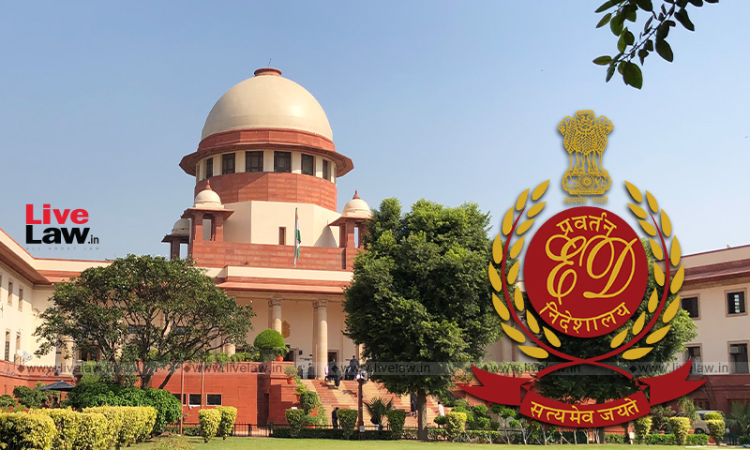PMLA Interpretation: Senior Lawyers Question Constitutionality Of Bail, Arrest & Attachment Procedure
Shruti Kakkar
9 Feb 2022 9:19 PM IST

Next Story
9 Feb 2022 9:19 PM IST
The Supreme Court on Wednesday continued hearing the batch of petitions concerned with the interpretation of the Prevention of Money Laundering Act, 2002 ("PMLA Act").The matter was listed before the bench of Justices AM Khanwilkar, Dinesh Maheshwari and CT Ravikumar.Submission Of CounselsSubstance Of PMLA Is That It's Impossible For Accused & Judge Per Se To Give Bail Which Amounts To...
